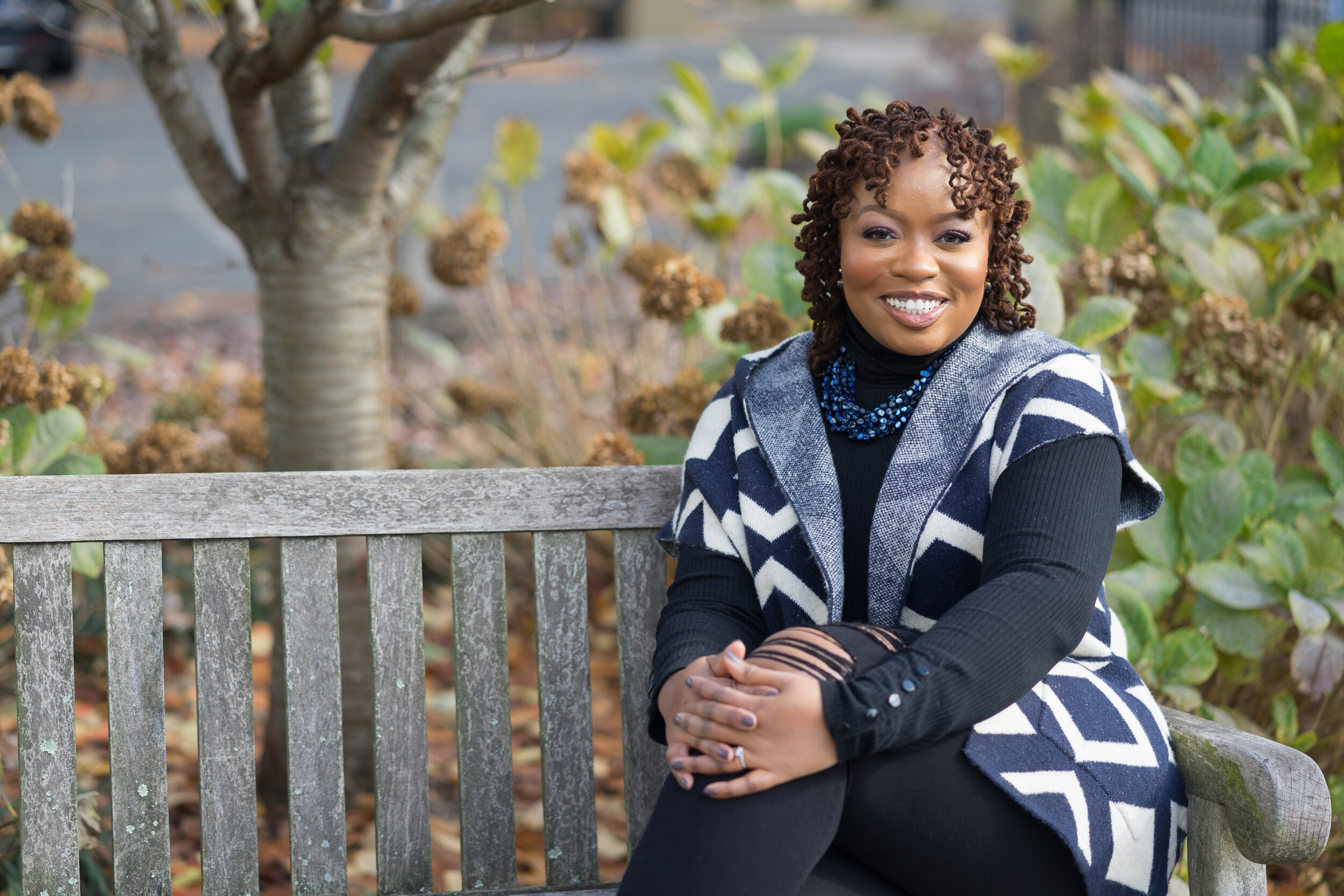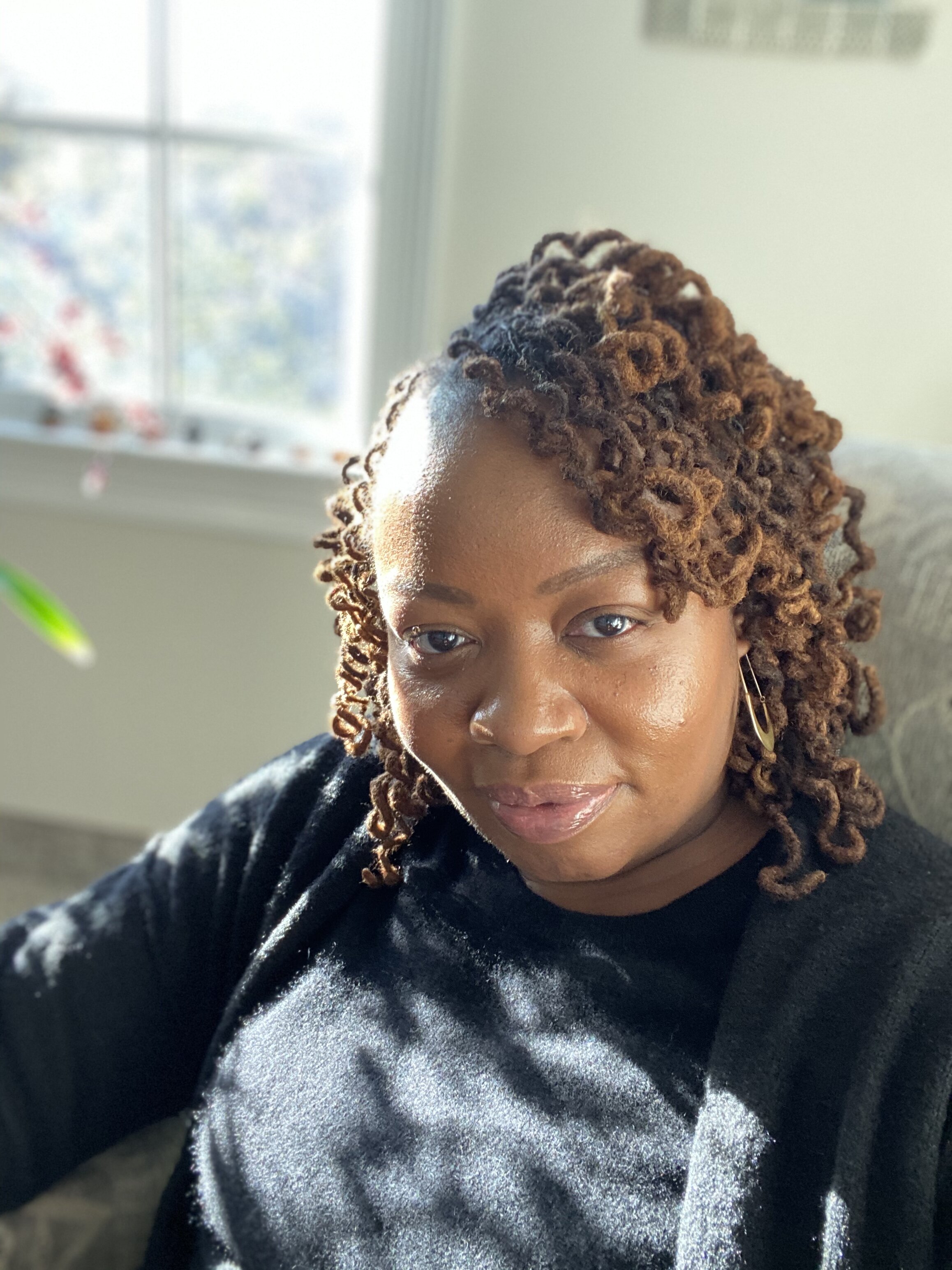You may ask yourself what exactly is fearful-avoidant attachment style? There are a few different attachment styles. About 5% of adults have an attachment style of fearful avoidant attachment. Adults who are fearful-avoidant attachment crave tons of reassurance, struggle with imposter syndrome and feelings they are never enough. They feel stuck and powerless to change their situation despite having all the resources to make changes. They also are known for pushing away people who may be their biggest cheerleaders.
Many people who have an attachment style that is fearful-avoidant will often find themselves feeling stuck in life. They have the fear and none of the confidence of Kanye they are great and can do all things.
When someone with a fearful attachment style identifies an area in their life to improve, they can identify the steps, and write a great plan of attack. They will spend the week and week researching and will find tons of resources. But they become paralyzed by fear of failure and never fully complete their goals.
The fear of failure and negative self-talk is so strong they never can fully execute on the goals they set out to accomplish.
The lack of trust in their abilities is the inner dialogue that halts them despite all of the evidence to the outside world they are more than capable of greatness.
What can you do to finally change this narrative in 2020?
Consider seeking the help of a therapist in your area to help you work through the root causes of your issues. The reality is all this is very hard. Fearful-avoidant attachment styles are very difficult to manage without the help of a trained therapist. The roots of fearful-avoidant attachment styles have a lot to do with how you where raised, childhood trauma, and environmental influences.
Taking the brave steps to start therapy with a licensed therapist will get you started on the path to healing unresolved trauma that is holding you back from living your best life. Know that it will be very likely that it will take longer for a person with an attachment style that is fearful-avoidant to trust the therapist. No quick fixes and be skeptical of anyone who promises a quick fix!
You may initially experience feelings of being happy you finally are in therapy and feel you are building a healthy relationship with your therapist one session. In the next session, you may want to prematurely stop treatment. This is all normal. The therapist will help explore these triggers and learn to identify distress that is linked to past trauma rather than current relationships.
Your therapist can also teach you important skills like mindfulness practices to help you learn to regulate emotions, focus your attention and observe your thoughts and feelings with the crippling judgment that also keeps you stuck.
If you are located in NJ, I am accepting new clients for 2020.
Please email me at therapyfor@livinginginthesecondhalf.com for a free 15-minute consultation or call me at 646 859-0125









